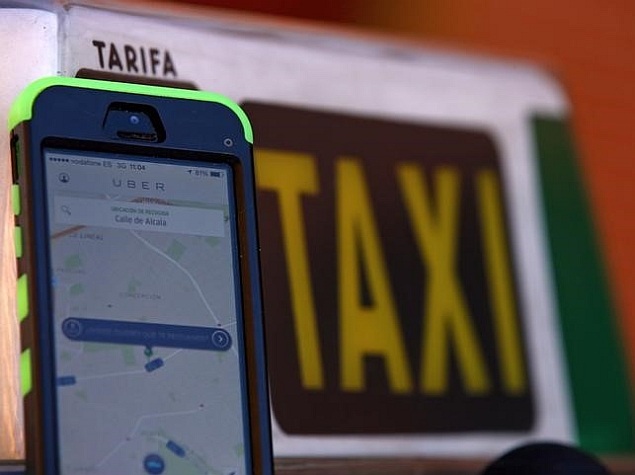
It is looking to raise “a further few hundred million dollars” from new investors in the coming month, it added.
“The fact that global investors are eager to participate in this fundraising round shows their confidence in the development of our company,” Cheng Wei, chief executive officer and chairman of the company, said in a statement.
The popularity of private-car booking enterprises such as Didi Kuaidi and San Francisco-based Uber has soared in China, where traditional taxis are criticised for poor service with rude drivers who routinely ignore customers on the street.
For now the Chinese firm dominates the market, but the two are locked in a fierce battle for customers, offering both riders and drivers subsidies and discounts that are costing the companies vast sums.
Uber, which launched operations in China last year, said in a message to investorslast month that it planned to invest CNY 7 billion (roughly Rs. 6,988 crores) in China, the Financial Times reported previously.
Uber riders were making almost one million trips per day with business doubling in the previous month, its CEO Travis Kalanick said, adding the company plans to add 50 cities into its operational network, from the current 11.
But Didi Kuaidi’s Cheng was confident that the company’s “clear competitive advantages” built “through its integrated platform, technology and team” would see it win out.
“Didi Kuaidi is in a far better position to benefit from this tremendous opportunity than any other player in the mobile transportation industry in the world,” he said.
Didi Kuaidi will use the capital raised to strengthen its market position, develop new services, improve technology and data research and enhance the user experience, said the statement.
Didi Kuaidi’s private car services fulfil three million rides daily and data from research firm Analysys International showed it has 80 percent of the market, the statement said.
For taxi-hailing, the company holds 99 percent of the market, also with three million daily trips, it said.
The company aims to serve more than 30 million passengers and 10 million drivers a day in three years’ time and ensure every passenger get a ride within three minutes of request anywhere in China, it added.
[“source – gadgets.ndtv.com”]
